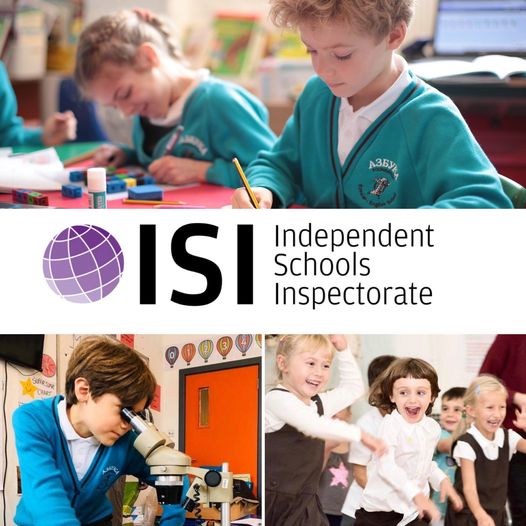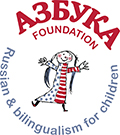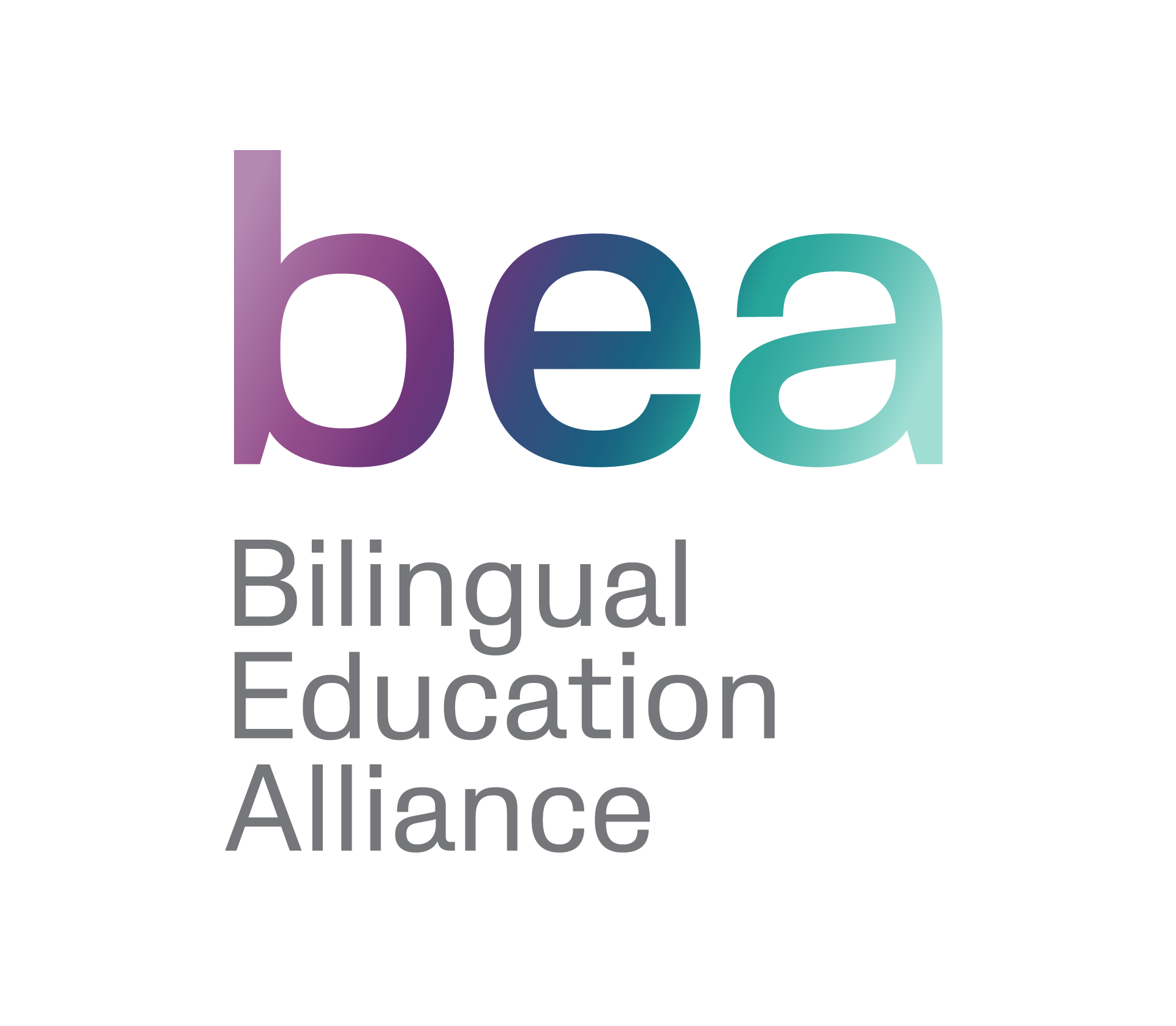AZBUKA has passed inspection by the Independent Schools Inspectorate (ISI)

AZBUKA, the first Russian-English bilingual school to be a member of the ISA (Independent Schools Association), has passed inspection by the Independent Schools Inspectorate (ISI). The school, based in Ravenscourt Park in London, passed all aspects of the ISI’s rigorous scrutiny over two days, and was also visited by the Association’s chief executive. The action marks the latest endorsement of the school, which has previously performed well in assessments by Ofsted. Rudolf Eliott Lockhart, chief executive of the ISA, said: “It was a pleasure to be able to visit AZBUKA School and to be able to learn more about the value of bilingual education. The energy, enthusiasm, and dedication of the head and her team was obvious and the school has a wonderfully warm and welcoming atmosphere.”Pupils at Azbuka have a wonderful opportunity to have both a full in both English and Russian but also to have as well as an outstanding education across the full breadth of the curriculum. To have this approach starting at such a young age makes it far easier for the pupils to achieve fluency in both languages, and the skills they learn help them with additional languages.”I was delighted to see how AZBUKA’s bilingual approach offers strong opportunities for drawing on both Russian and English cultural heritage. At a time of such international tension, AZBUKA is a shining example of how pupils can build empathy and understanding across divides.” Maria Gavrilova, founder and head of AZBUKA, said: “We are delighted to have achieved this latest recognition, which reflects our commitment and the support of our strong leaders, teaching staff, governors, students and their families in pioneering our approach to bilingual education.” The Compliance inspection verified that Azbuka met all the conditions required by The Independent School Standards including on quality of education provided; Spiritual, moral, social and cultural development of pupils; Welfare, health and safety of pupils; Suitability of staff, supply staff, and proprietors; Premises of and accommodation at schools; Provision of information; Manner in which complaints are handled; and Quality of leadership in and management of schools.


